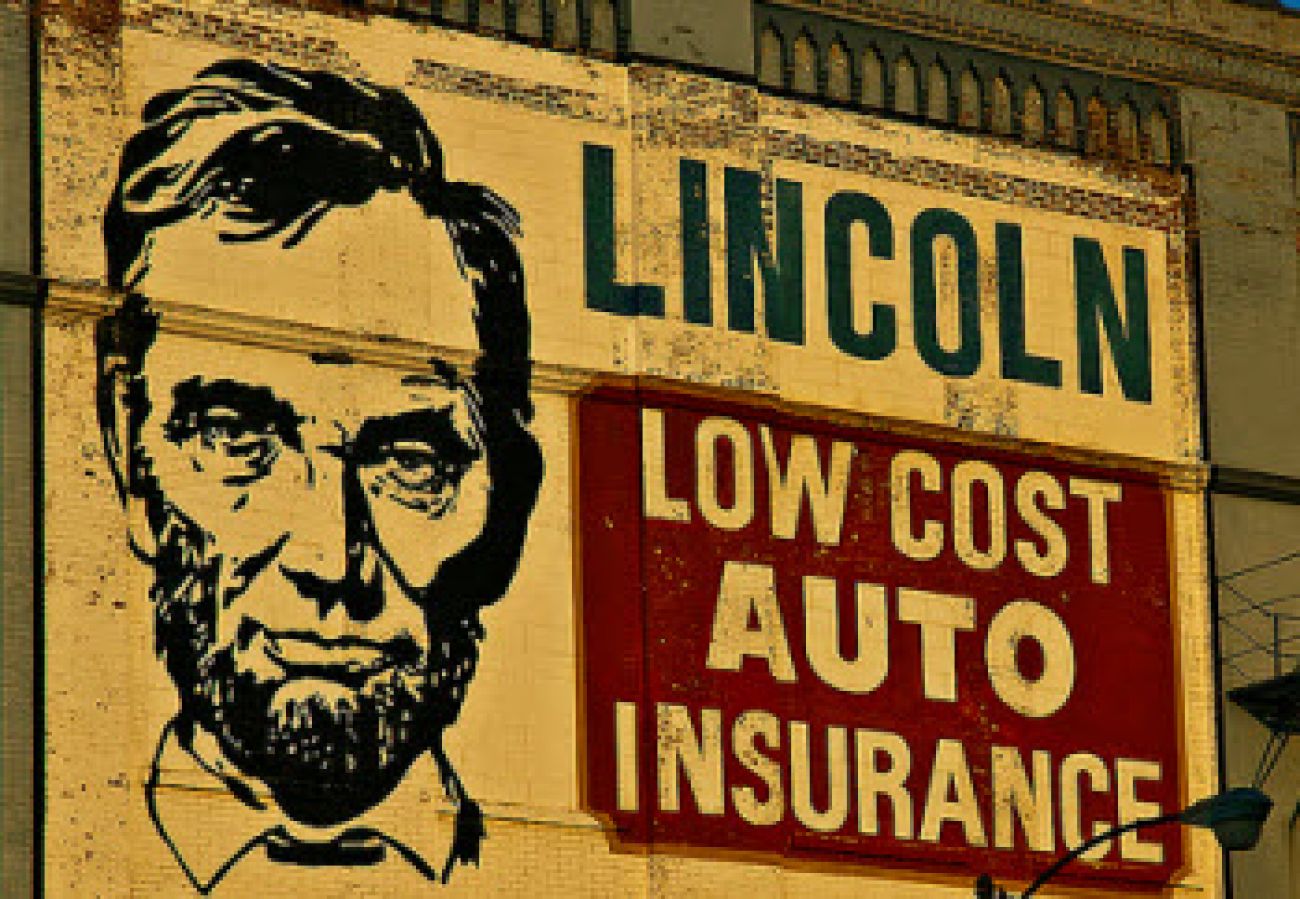At issue: Michigan’s no-fault auto insurance

On Oct. 31, 1972, Michigan Gov. William Milliken signed sweeping reform of Michigan's auto insurance system, assuring payment for “all reasonable charges” for an accident victim's care and rehabilitation.
To date, it is the only insurance law in the nation that prescribes unlimited medical and rehabilitation benefits to accident victims. Depending on the source, the no-fault law is either a blueprint for compassionate care or an unaffordable burden to Michigan drivers.
Some points of contention:
Cost
Opponents of the no-fault law point to rankings that place Michigan at or near the top in cost of auto insurance. They contend its generous accident benefits are chiefly responsible.
In 2013, Insure.com, an independent insurance consumer website, found Michigan ranked second in the nation in premium rates, at $2,520. Only Louisiana, at $2,699, was higher. Its average was based on its survey of the cost to insure a 2013 model car for a single, 40-year male with a clean driving record who commutes 12 miles to work.
A national survey of 2010 insurance rates reported by the Insurance Institute of Michigan, an industry group, found that Michigan drivers paid an average annual premium of $1,073, eighth highest in the nation. The rate was higher than neighboring Ohio, at $699; Indiana, $716; Illinois, $812; and Wisconsin, $682. The national average was $907.
A 2013 report by the nonpartisan, Lansing-based Citizens Research Council found that Michigan's no-fault law accounted for medical claims in Michigan that cost insurers 57 percent more than claims in similar crashes in other states. It also found that auto insurance premiums in Michigan are 17 percent higher than the average in other states.
Cost shifts
Motorists in Colorado saw premiums drop by about $200 after its no-fault policy expired in 2003.
A closer look suggests that medical providers and health care consumers were stuck with the bill, as costs shifted from the auto insurer to hospitals and health insurers.
A study by the Colorado Office of the Governor found that health provider charity care – unpaid bills – doubled, from 14 percent in 2002 to 29 percent in 2006. Another study found that Colorado Medicaid expenses related to auto accidents increased by 205 percent after its no-fault law lapsed. Hospitals typically pass along unpaid bills through higher charges, which in turn leads to higher health insurance rates.
Who pays
Auto insurance policyholders pay $186 per vehicle per year to cover catastrophic injury claims. The funds go to the Michigan Catastrophic Claims Association to reimburse insurers for personal injury protection benefits after they exceed $530,000.
According to the MCCA, it paid out $10.9 billion in catastrophic claims from July 1, 1978 to June 30, 2013. It listed more than 14,000 active claims. Annual payouts climbed from about $100 million in 1991 to more than $900 million in 2012. According to the Insurance Institute of Michigan, the average auto insurance Personal Injury Protection medical claim jumped from $13,617 in 2000 to $44,138 in 2012.
Who makes claims
According to the MCCA, as of June 2012, more than 14,000 of 32,627 total claimants had brain injuries, 1,145 were quadriplegics, 952 were paraplegics, 154 were burn victims and more than 14,000 were categorized as “miscellaneous.” Nearly 70 percent were between the ages of 16 and 55.
Business Watch
Covering the intersection of business and policy, and informing Michigan employers and workers on the long road back from coronavirus.
- About Business Watch
- Subscribe
- Share tips and questions with Bridge Business Editor Paula Gardner
Thanks to our Business Watch sponsors.
Support Bridge's nonprofit civic journalism. Donate today.
See what new members are saying about why they donated to Bridge Michigan:
- “In order for this information to be accurate and unbiased it must be underwritten by its readers, not by special interests.” - Larry S.
- “Not many other media sources report on the topics Bridge does.” - Susan B.
- “Your journalism is outstanding and rare these days.” - Mark S.
If you want to ensure the future of nonpartisan, nonprofit Michigan journalism, please become a member today. You, too, will be asked why you donated and maybe we'll feature your quote next time!

